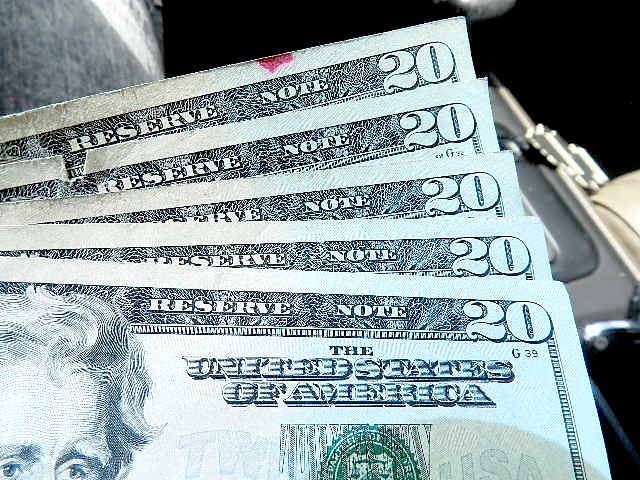You may be wondering how to calculate the cost of setting up and running a PV system. The good news is that the process is relatively easy. Regardless of the location you’re in, there are certain factors that you need to keep in mind. The first factor to consider is the size of your PV array. If your array is large, you’ll need to hire a contractor to install it. This is likely to cost more than just installing a PV system. However, if you’re planning on installing a PV system at your home, you’ll likely have to pay an installer with a specialized license.
Another factor to consider when determining the cost of setting up a PV system is the amount of solar energy you plan to generate. While large systems tend to be more expensive than small ones, the cost per watt will be lower. In the long run, a larger system will also save you money on utility costs. However, when comparing prices, you’ll have to decide whether the investment will be worth it.
In general, a four kW system will require 13 solar panels. This is equivalent to 4,000 watts. Using these figures, you can estimate how many solar panels you will need for different appliances. Moreover, if your electricity usage increases or if you buy a new appliance, you can add more solar panels to your system. The final cost of setting up a PV system will depend on your needs and the design of the system.
Cost per watt depends on many factors, including location, energy requirements, solar panel size, and component options. Other factors such as labor, local permitting fees, and the cost of labor and materials can also contribute to the price. Furthermore, you must consider tax credits and other incentives to lower the costs.
If you decide to purchase a solar energy system, it is important to know the payback period for your project. This will determine whether your investment will be worth the money. However, this calculation is not a perfect one. The payback period will be shorter than the discount period for future cash flows. And while the payback period for solar projects is determined by the total cost of the project, you should also factor in maintenance costs. If you do not have the upfront funds, you can always take a loan or lease to finance the installation.
If you’re planning to install a solar power system at your home, it’s imperative to find out the approximate cost of setting up a PV system. You can use a solar calculator to determine the cost of the installation process. You can also use the solar calculator to determine the potential savings you’ll receive. By using the SolarReviews solar calculator, you’ll have an instant idea of how much you’ll save compared to other sources of energy. Although your initial investment is high, your energy savings will pay for itself over time.

